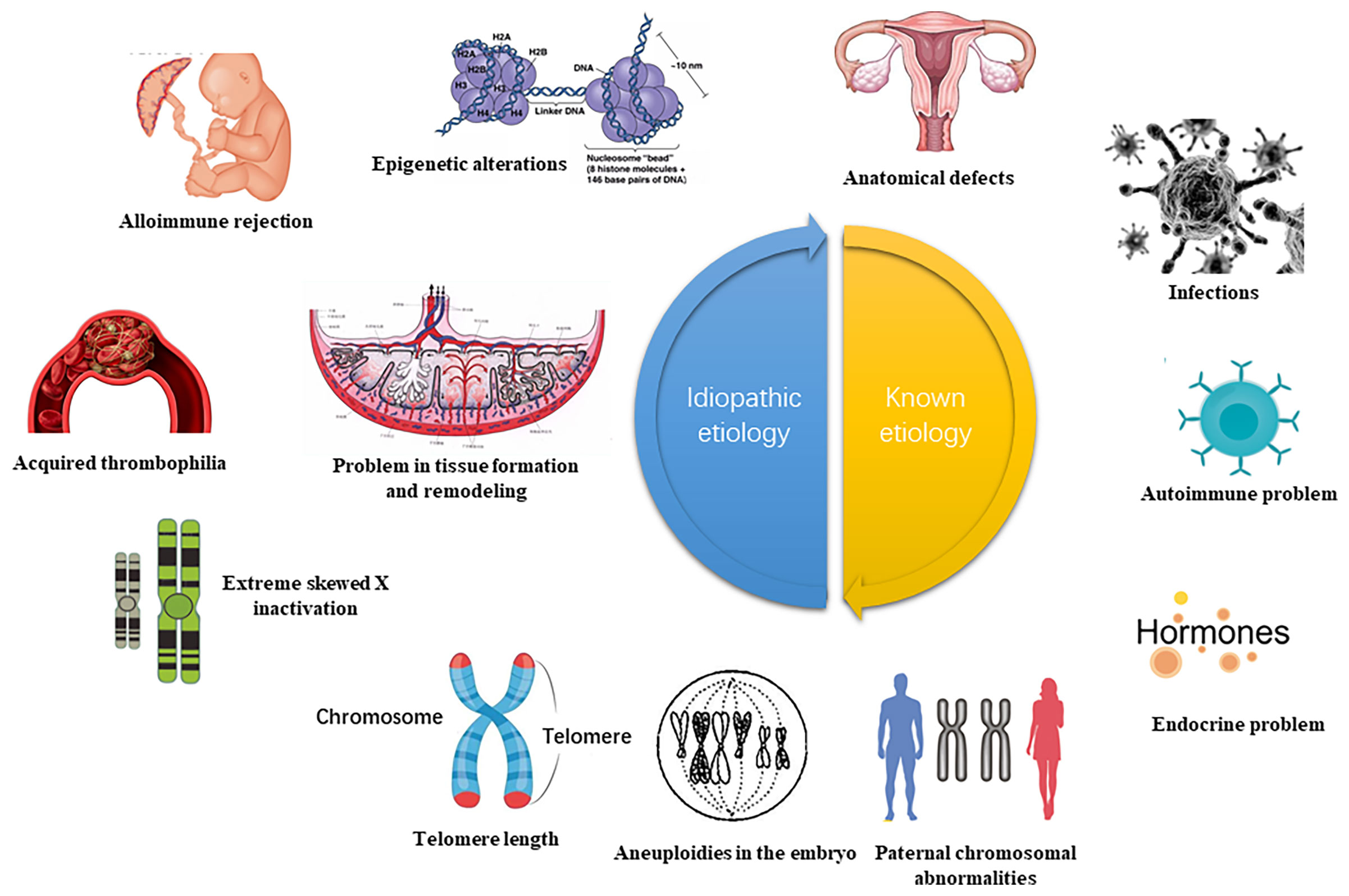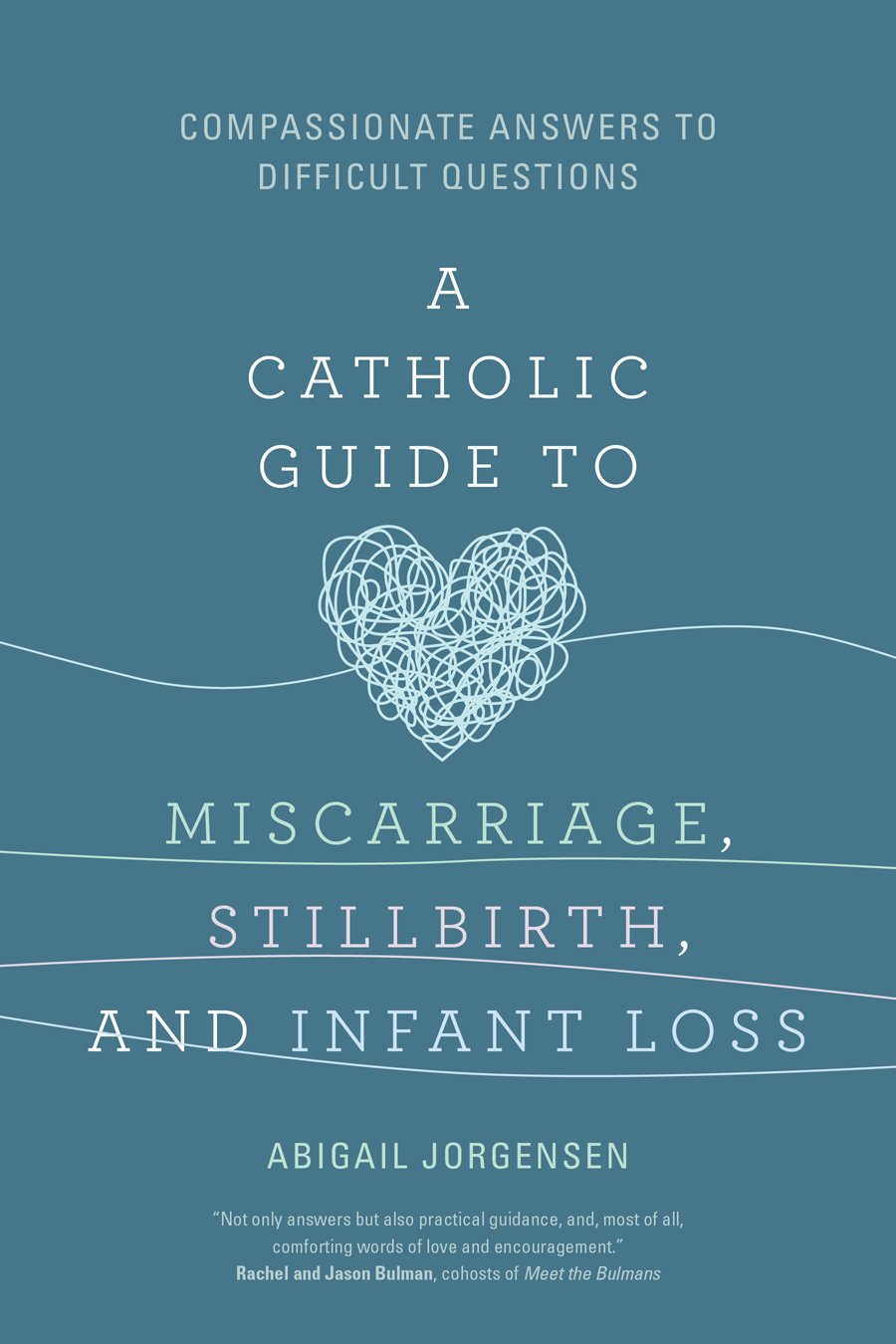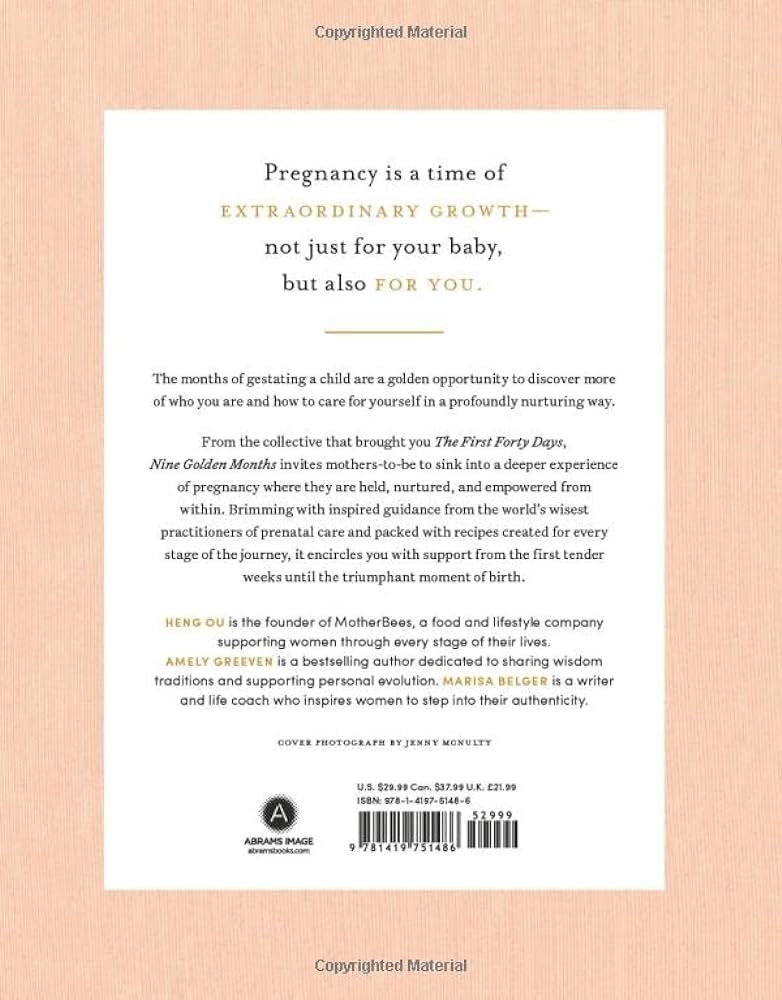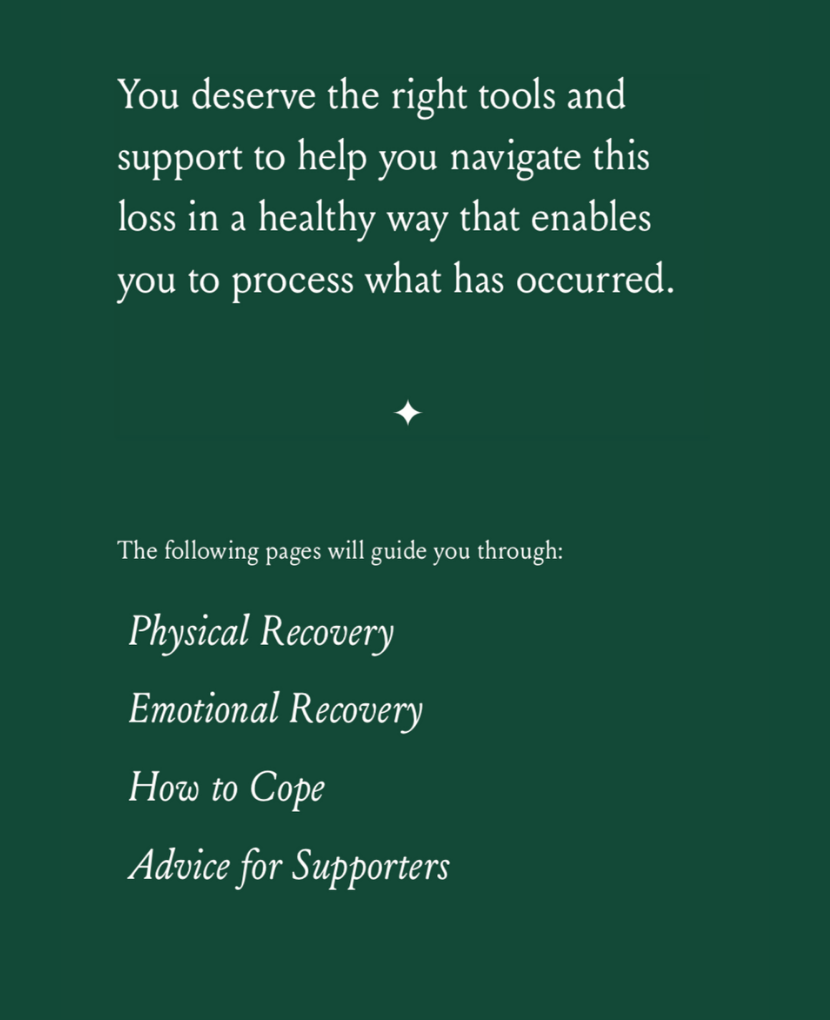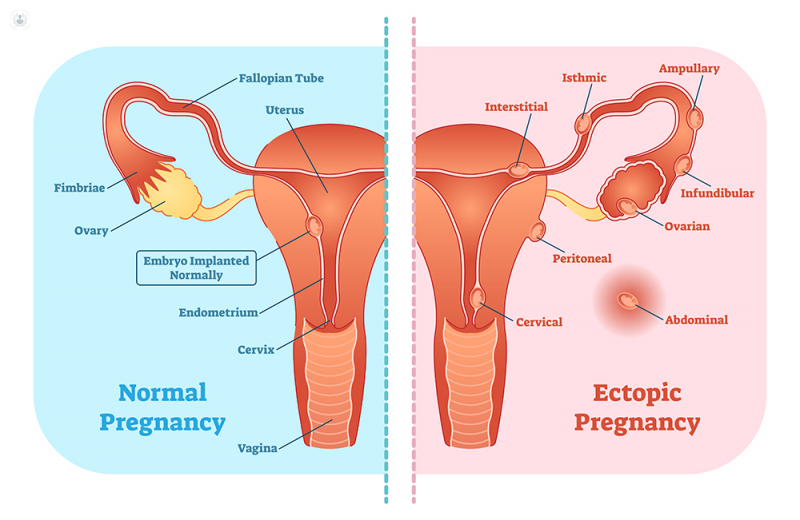To address recurrent miscarriage, consult with a healthcare provider for a comprehensive evaluation. They can recommend appropriate treatments or lifestyle changes based on underlying causes.
Dealing with recurrent miscarriages can be emotionally and physically challenging for couples anticipating a healthy pregnancy. It’s crucial to first seek professional medical advice to identify any possible issues that could be leading to recurrent losses. Recognizing the numerous potential factors, such as genetic abnormalities, hormonal imbalances, uterine or cervical problems, or lifestyle factors, is essential in determining a targeted treatment plan.
Early diagnosis and intervention may significantly improve the likelihood of a successful pregnancy. It’s important to prioritize self-care, as emotional support and stress reduction can also play beneficial roles in treatment strategies. Medical advancements and tailored care can make a profound difference for those experiencing this difficult journey.
The Emotional Impact Of Recurrent Miscarriage
Recurrent miscarriage is an often silent struggle. Emotional turmoil is profound after one loss, and when it happens repeatedly, the sorrow intensifies. Couples navigate through a roller coaster of hope and despair, which takes a toll on their mental and emotional well-being.
This section explores the intimate layers of emotional distress following recurrent miscarriage. It offers insights into managing grief and finding the support needed to move forward.
Coping With Loss And Grief
The grief from losing a pregnancy is real and tangible. Each loss reopens wounds, making it vital to find ways to cope.
- Allow yourself to mourn: Recognize your right to grieve each loss fully.
- Memorialize the loss: Some find solace in rituals or memorials.
- Express emotions: Writing, art, or talking can release pent-up feelings.
- Seek professional counseling if the burden becomes too heavy.
Support Systems And Seeking Help
A support system is crucial. No one should walk this path alone.
| Support Type | How it Helps |
|---|---|
| Family and friends | A network that lends an ear and shoulder to lean on. |
| Support groups | Connect with those who truly understand the journey. |
| Medical professionals | Offer guidance on physical and emotional recovery. |
| Therapists | Professional help to navigate complex emotions. |
Remember, seeking help is a sign of strength, not weakness. Embrace the support available, and take gentle steps towards healing.

Credit: www.mdpi.com
Understanding Recurrent Miscarriage
Understanding Recurrent Miscarriage is a crucial step for couples facing this challenging situation. It’s important to know what it is. How it happens. And why it may occur. This knowledge can empower couples. They can seek appropriate treatment. They can also find the best ways to cope. Let’s dive into the specifics of recurrent pregnancy loss. And uncover the common causes and risk factors.
Defining Recurrent Pregnancy Loss
Recurrent Pregnancy Loss (RPL) is when two or more miscarriages happen. This is a medical term. It’s used to describe the loss of a pregnancy before 20 weeks. This condition affects many couples. But remember, hope does exist. Many go on to have healthy pregnancies.
Common Causes And Risk Factors
The causes of RPL are diverse. They range from genetic issues to lifestyle choices. It’s vital to identify these factors. Doing so helps in finding the right treatment. Here’s a list of common causes:
- Genetic Problems: Chromosome issues in the baby.
- Hormonal Imbalances: Issues with hormones that support pregnancy.
- Anatomical Issues: Abnormal shape or structure of the uterus.
- Immune System Disorders: The body’s defense mechanism acting against the pregnancy.
- Blood Clotting Disorders: Problems with blood coagulation.
- Lifestyle Factors: Smoking, alcohol, and extreme weight gain or loss.
Risk factors also play a role. Age can increase the risk. So do environmental factors. And personal medical history. Recognizing these allows for tailored intervention. And it can enhance the chances of a successful pregnancy.
Diagnosing The Underlying Issues
Understanding the cause of recurrent miscarriage starts with a thorough diagnosis. A clear diagnosis can lead to more effective treatment options. Therefore, it becomes essential to explore the medical avenues that can pinpoint the root cause of this distressing issue.
Medical Tests And Procedures
Several medical tests can help identify issues that lead to recurrent miscarriages:
- Hormonal tests: Check for thyroid issues and progesterone levels.
- Ultrasound: Reveals uterine abnormalities that could affect pregnancy.
- Hysteroscopy: Allows doctors to look inside the uterus.
- Endometrial biopsy: Examines the lining of the uterus.
- Autoimmune tests: Identify conditions that might prompt the immune system to reject an embryo.
A karyotype test might also be conducted on both partners to rule out genetic anomalies.
The Role Of Genetics And Chromosomal Factors
Genetics play a crucial role in recurrent miscarriages. Abnormal chromosomes can lead to developmental issues in the embryo. Genetic testing of the couple and any lost pregnancies can offer insights.
| Test | Description |
|---|---|
| Karyotyping | Detects chromosomal abnormalities in parents. |
| Preimplantation Genetic Diagnosis (PGD) | Assesses embryos for genetic diseases before IVF. |
| Products of Conception (POC) testing | Examines genetic reasons for the miscarriage. |
Chromosomal issues are often random and unpreventable. But understanding them helps in planning future pregnancies.
Lifestyle Modifications And Their Benefits
Lifestyle modifications play a crucial role in managing recurrent miscarriages. Adopting certain healthy habits can significantly improve the chances of a successful pregnancy. These modifications not only enhance overall well-being but also promote fertility health. Let’s explore how dietary changes, regular exercise, and stress reduction can benefit individuals facing this challenge.
Dietary Changes For Fertility
Eating the right foods can boost fertility. A balanced diet rich in vitamins, minerals, and antioxidants supports reproductive health. Let’s look at some critical dietary changes:
- Increase fruit and vegetable intake for their fibre and vital nutrients.
- Omega-3 fatty acids from fish support hormone production.
- Avoid trans fats and choose healthy fats like avocados and nuts instead.
- Include whole grains for their fertility- boosting B vitamins.
Importance Of Exercise And Stress Reduction
Regular exercise improves fertility by maintaining a healthy weight and regulating hormones. Moderate activities like walking or yoga work best. Minimising stress is equally important. Stress can affect ovulation and sperm production. Techniques such as deep breathing exercises, mindfulness, and adequate sleep can help manage stress levels.
| Exercise Type | Benefits |
|---|---|
| Cardio (Walking, Swimming) | Boosts heart health and circulation |
| Strength Training | Enhances muscle health and metabolism |
| Yoga | Reduces stress, improves flexibility and balance |
Small but consistent lifestyle changes can lead to significant improvements in managing recurrent miscarriage risks. These simple steps can pave the way for a healthier pregnancy and a happier future.
Medical Interventions And Treatment Options
Dealing with recurrent miscarriage is a heart-wrenching challenge. Finding the right medical intervention can provide hope to those struggling with this issue. Various treatment options exist, targeting specific causes of recurrent miscarriages.
Therapies of Hormonal And Their Effectiveness
Hormonal imbalance can lead to miscarriage. Hormonal therapies aim to correct these imbalances. Progesterone supplements are a common treatment. They support the early stages of pregnancy.
They may come in suppositories, pills, or injections. Studies show progesterone’s effectiveness varies. It often depends on individual health conditions.
- Clomiphene citrate: May stimulate ovulation.
- Metformin: Helps those with PCOS.
- HCG injections: Can support early pregnancy.
Surgical Approaches To Structural Problems
Structural irregularities in the uterus can cause miscarriages. Surgery can often correct these issues. Options include:
| Type of Surgery | Purpose |
|---|---|
| Hysteroscopy | Removes polyps or fibroids. |
| Laparoscopy | Corrects outside uterus issues. |
| Abdominal myomectomy | Removes larger fibroids. |
Success rates can be high with surgical interventions. Healing times vary depending on the procedure.

Credit: www.mdpi.com
Alternative Therapies And Complementary Medicine
Exploring alternative therapies and complementary medicine can offer new hope to those experiencing recurrent miscarriages. Standard medical treatments are essential, but these non-traditional approaches may provide additional benefits. They aim to balance the body and mind, potentially creating a healthier environment for pregnancy.
Acupuncture And Fertility Yoga
Acupuncture is an ancient practice that stimulates specific points on the body. Research suggests it may improve blood flow to reproductive organs. This can enhance fertility. Regular sessions could lead to better outcomes for women facing recurrent miscarriages.
Fertility yoga focuses on poses that promote reproductive health. It reduces stress, which is vital for hormonal balance. Classes designed for fertility often include relaxation techniques to support conception efforts.
Herbal Remedies And Nutritional Supplements
Many believe in the power of herbal remedies to support fertility. Examples include chasteberry, red clover, and evening primrose oil. They may regulate menstrual cycles and improve uterine health. However, consulting a healthcare professional before starting any herbal treatment is crucial.
Nutritional supplements play a key role in preparing the body for pregnancy. Key nutrients include:
- Folic acid – essential for fetal development
- Vitamin D – linked to fertility and pregnancy health
- Omega-3 fatty acids – support hormone production and reduce inflammation
Adequate intake through diet or supplements is important. It’s best to speak with a nutritionist to create a tailored plan.
Navigating The Journey To Parenthood
Navigating the journey to parenthood often requires overcoming unexpected challenges. For couples facing recurrent miscarriages, the path can be particularly complex and emotional. Still, a multitude of options and supportive strategies exist to help these couples achieve their dreams of bringing a child into their lives. The journey may lead down alternative paths such as adoption or surrogacy, and will certainly necessitate emotional resilience for any future pregnancies.
Considering Adoption And Surrogacy
Exploring adoption or surrogacy opens new chapters for potential parents. These options provide viable avenues to parenthood and bring hope to those facing recurrent miscarriage.
- Research: Investigate the processes, laws, and financial considerations.
- Agencies: Connect with reputable agencies that have supportive track records.
- Embrace the journey: Each process has its unique path; be ready to embrace it wholeheartedly.
Emotional Preparation For Future Pregnancies
While considering future pregnancies, preparing emotionally is critical. Strength and resilience are paramount for prospective parents coping with the uncertainties of recurring miscarriages.
- Seek professional support to navigate complex emotions.
- Build a support network with family, friends, and others who have had similar experiences.
- Engage in self-care practices to maintain emotional balance and well-being.

Credit: www.frontiersin.org
Frequently Asked Questions Of How To Fix Recurrent Miscarriage
What Causes Recurrent Miscarriage?
Recurrent miscarriage may be due to genetic factors, uterine abnormalities, hormonal imbalances, or immune system issues. Lifestyle factors such as smoking and excessive alcohol use can also increase risk. It’s important to consult a healthcare provider for a proper diagnosis.
Can Lifestyle Changes Prevent Recurrent Miscarriage?
Yes, lifestyle changes can help prevent recurrent miscarriage. Adopting a healthy diet, managing stress, maintaining a healthy weight, and avoiding harmful substances like tobacco and alcohol can improve chances of a successful pregnancy.
How Is Recurrent Miscarriage Diagnosed?
Recurrent miscarriage is typically diagnosed after two or more consecutive pregnancy losses. A healthcare provider will conduct a series of tests, including genetic screenings, hormonal evaluations, and uterine exams, to determine the underlying cause.
What Are The Treatment Options For Recurrent Miscarriage?
Treatment options vary based on the underlying cause but may include surgical interventions for uterine anomalies, hormonal therapies, or managing pre-existing medical conditions. Sometimes, the use of blood-thinning medications is recommended.
Conclusion
Navigating recurrent miscarriage is tough, but options do exist. By understanding the causes and exploring medical support, hopeful parents can find ways to address this challenge. Remember, you’re not alone. With the right guidance, a successful pregnancy can become more than just a dream—it can be your reality.
Seek support, stay informed, and never lose hope.

